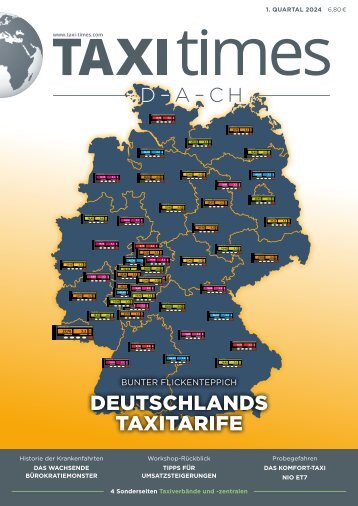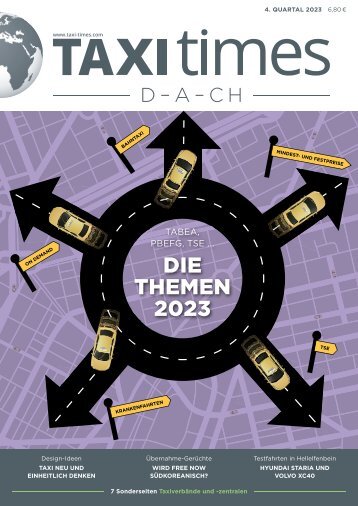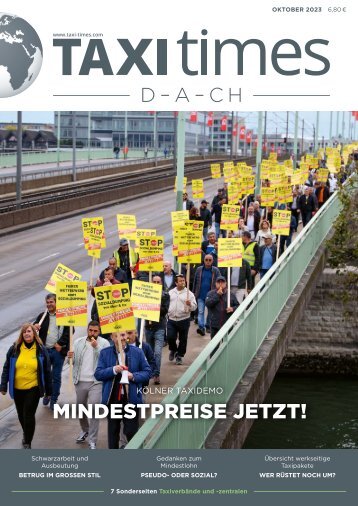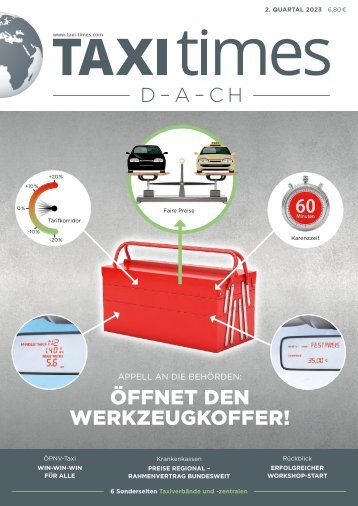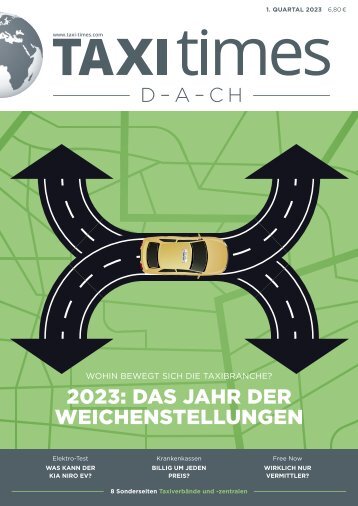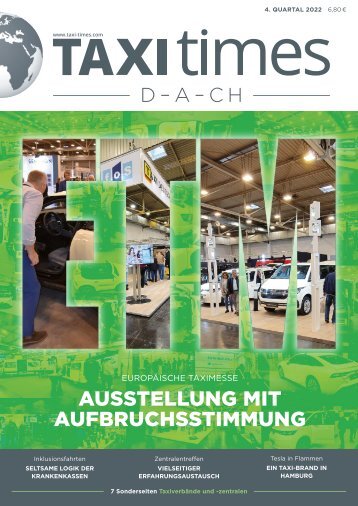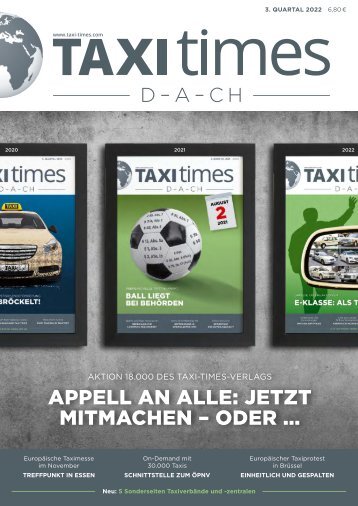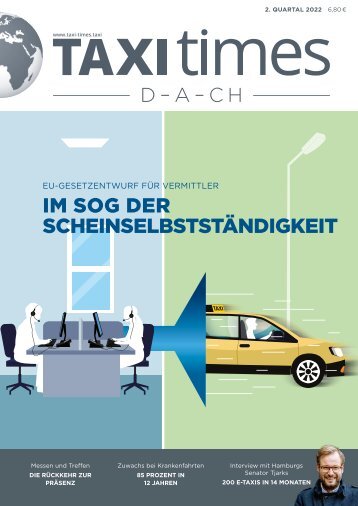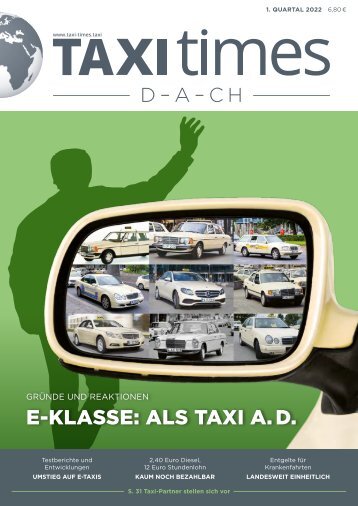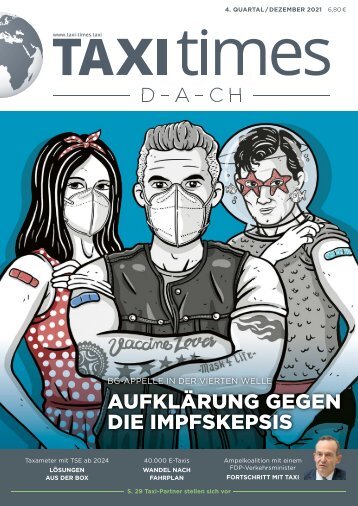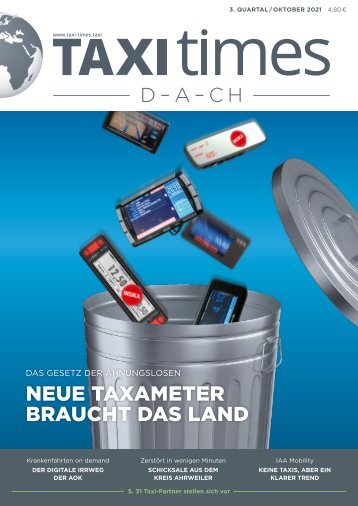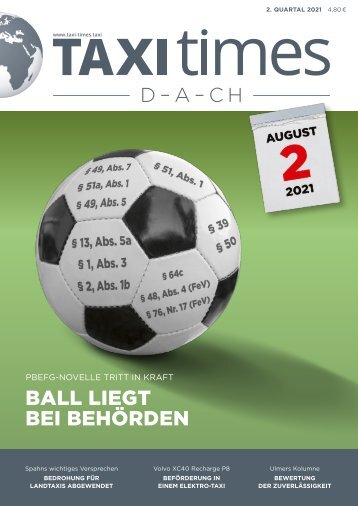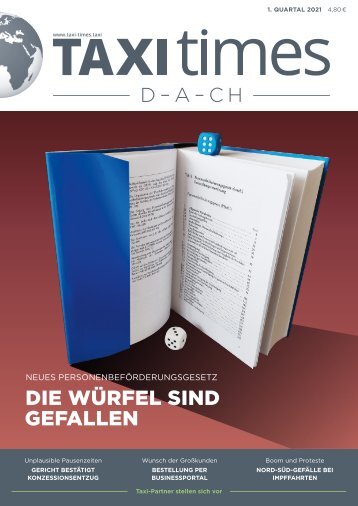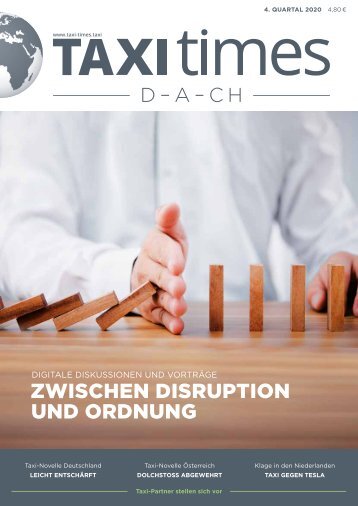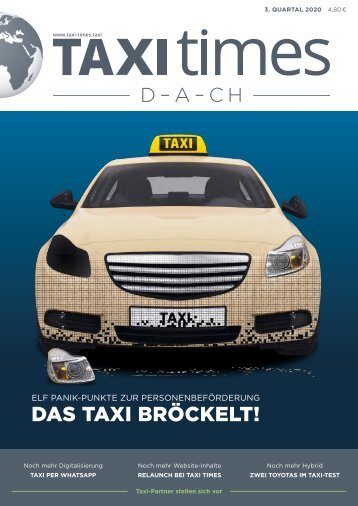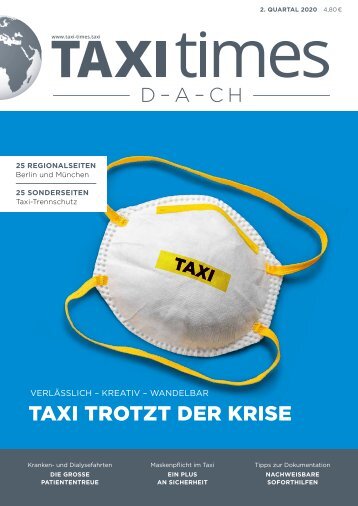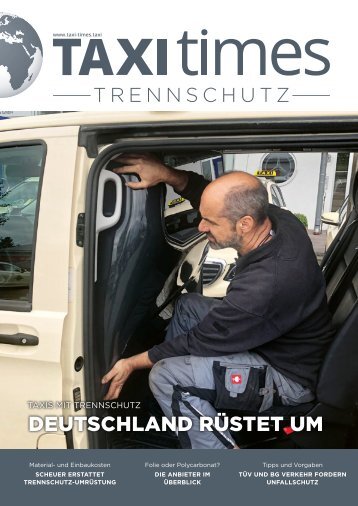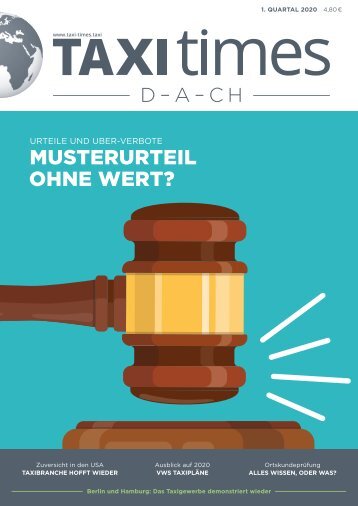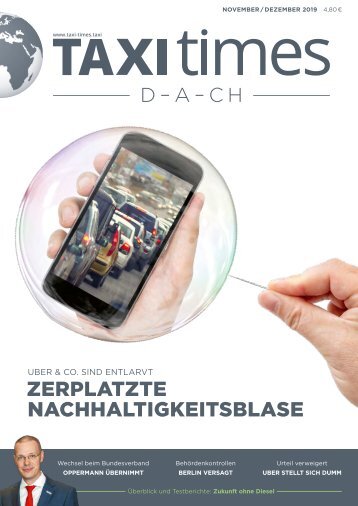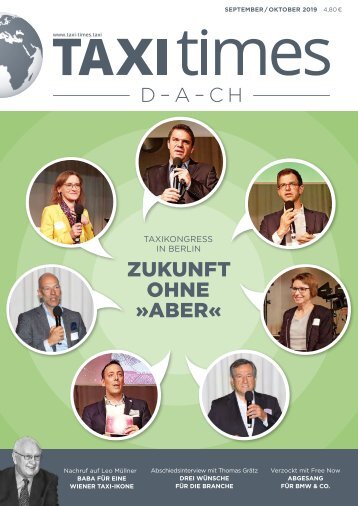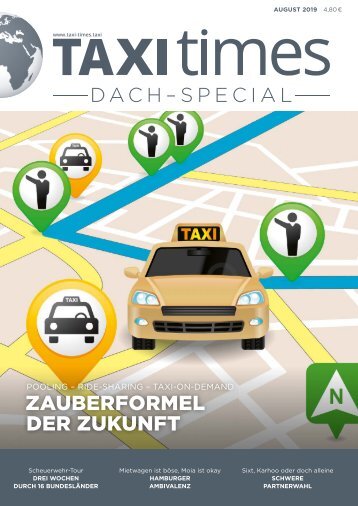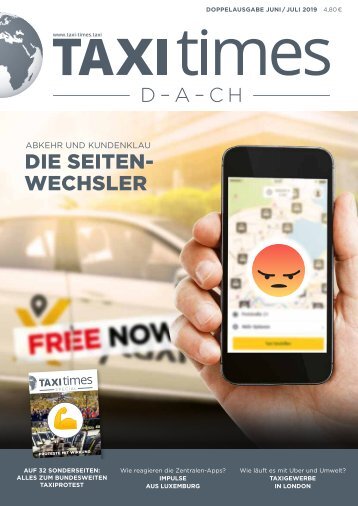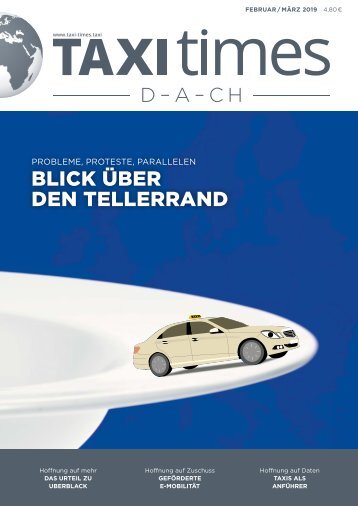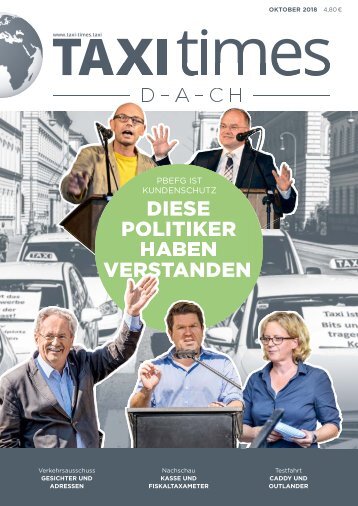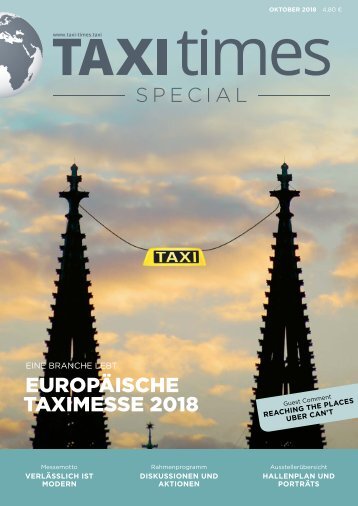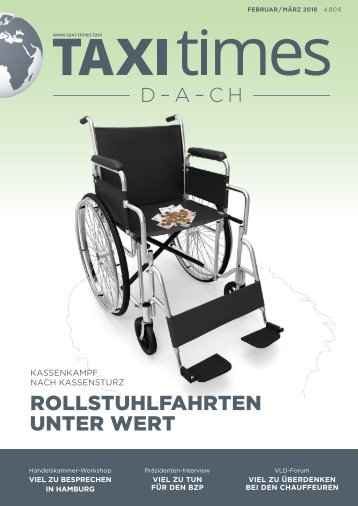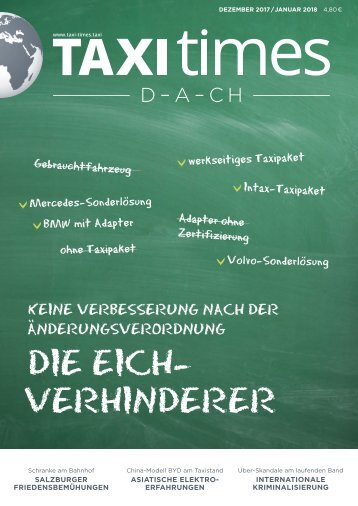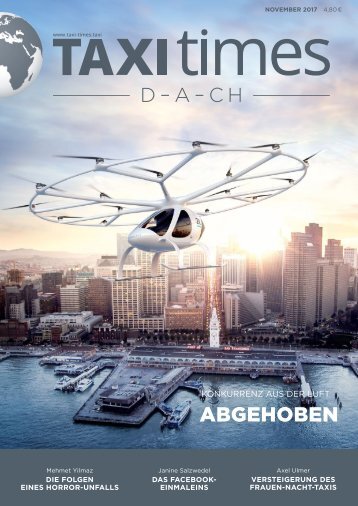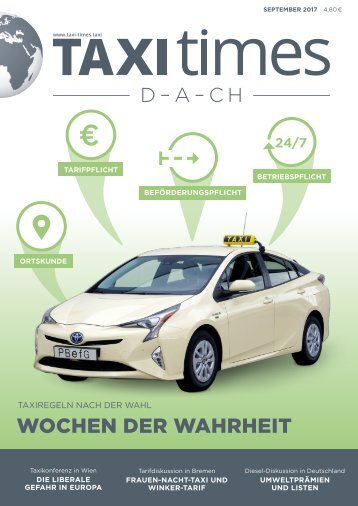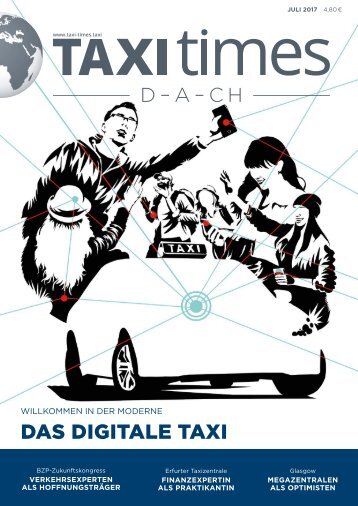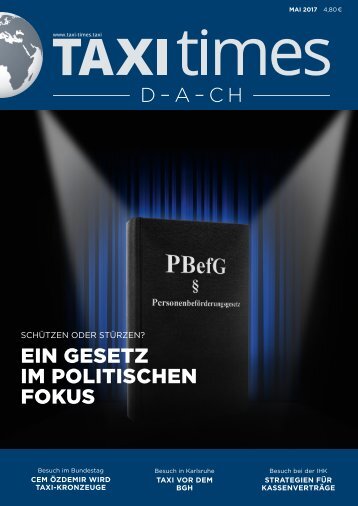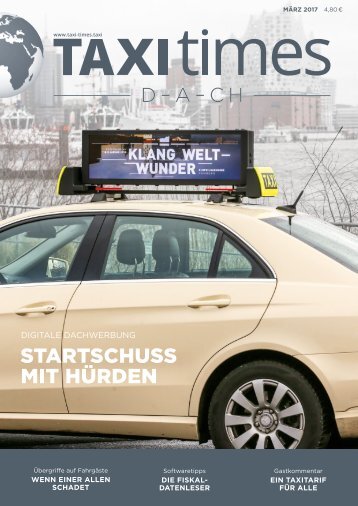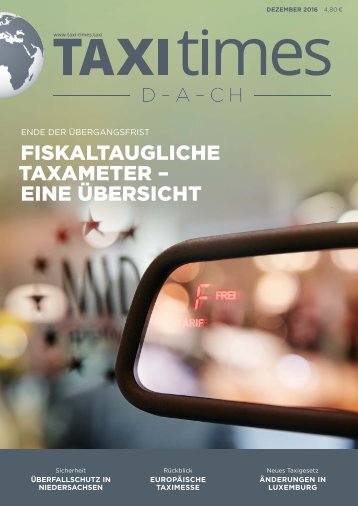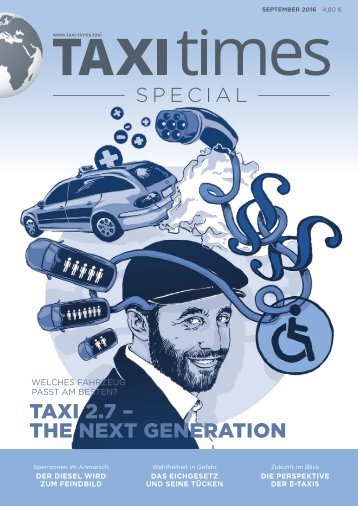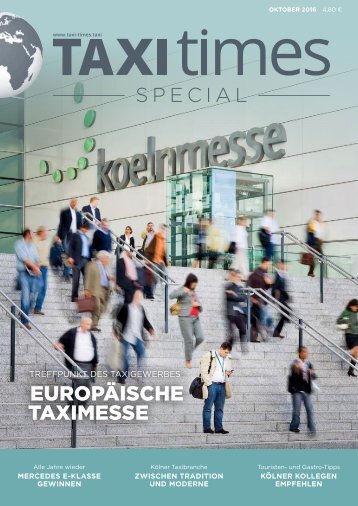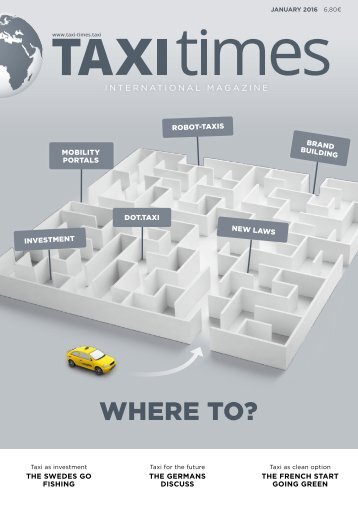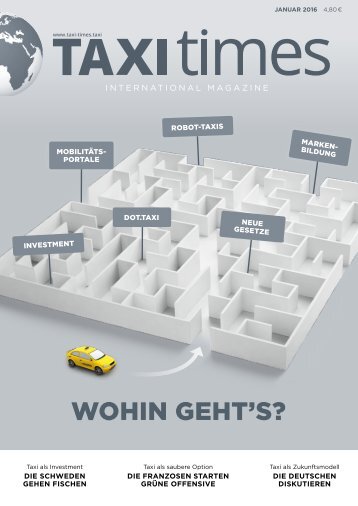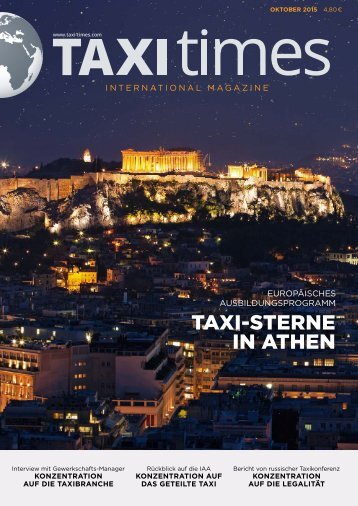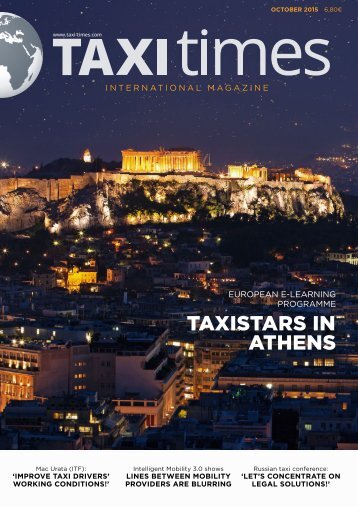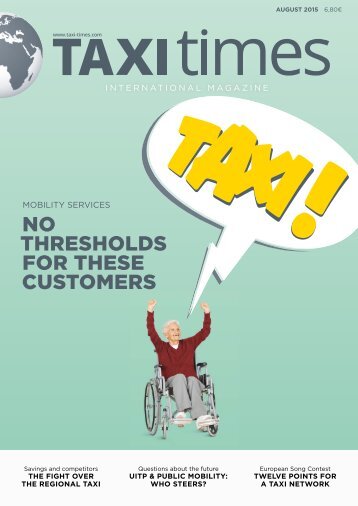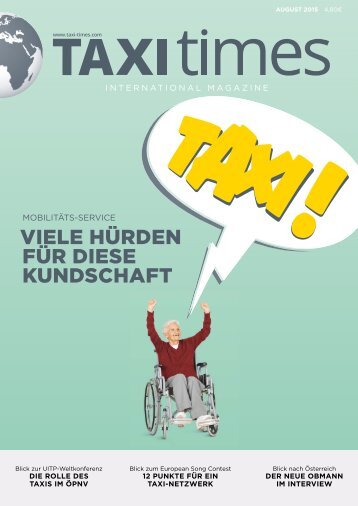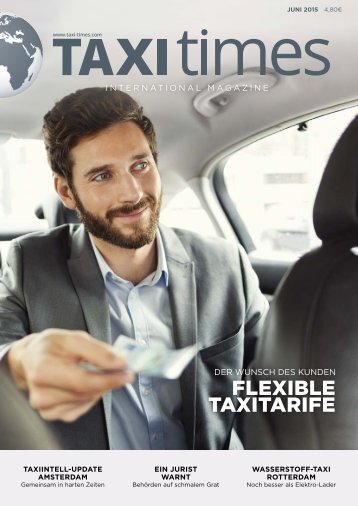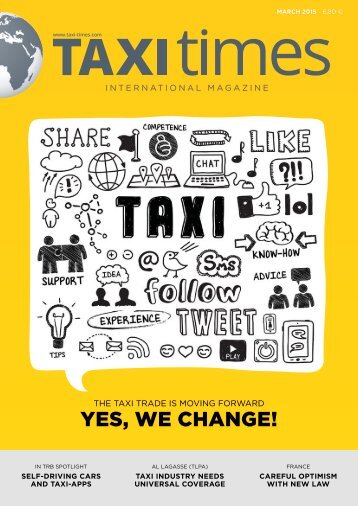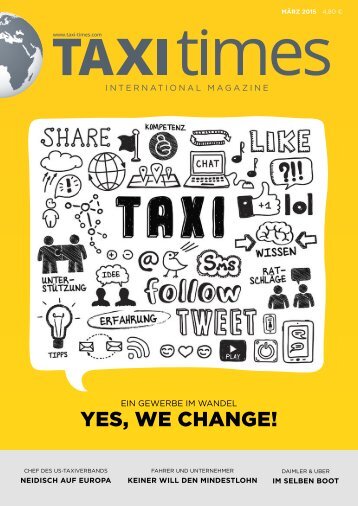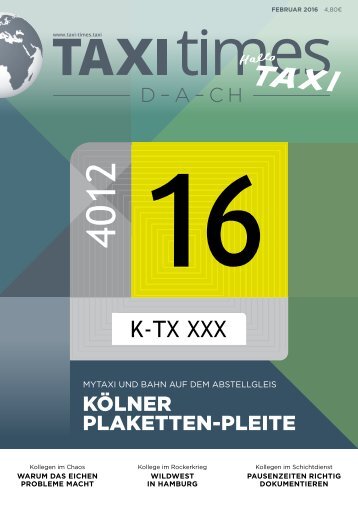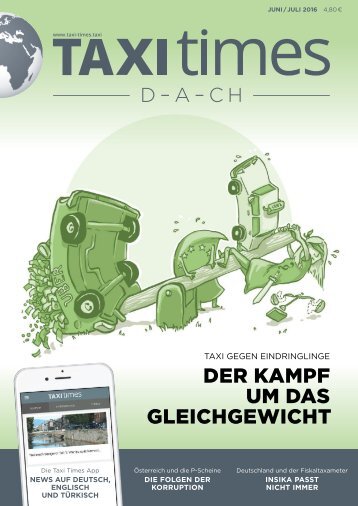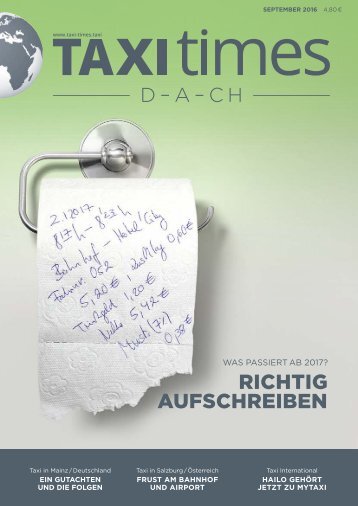Taxi Times International - October 2015 - English
- Text
- Drivers
- Taxis
- Uber
- Athens
- Mobility
- European
- Unions
- Passenger
- Urata
- Faber
INTERVIEW INTERVIEW MAC
INTERVIEW INTERVIEW MAC URATA (ITF): “WE WANT TO IMPROVE THE QUALITY OF THE DRIVERS’ CONDITIONS” Mac Urata, Section Secretary, Inland Transport Sections, International Transport Workers’ Federation, is a busy man since the start of Uber: suddenly the taxi trade is back in the union’s spotlight. Urata’s brief is not only quite wide, it is also very diverse: at the ITF London headquarters he covers the two sections of railways and road transportation. The latter includes truck, bus and taxi drivers. Although he nicely sidesteps the question which group is his preferred, it is clear to see that the taxi sector takes up quite a bit of time at the moment. “The taxi industry is not even a national industry. It is often city based, unlike transport by sea and civil aviation for instance. Ironically Uber made the taxi industry very global. And it also made us focus more on the taxi sector.” TAXI TIMES: But your presence in the taxi sector is quite patchy. MAC URATA: “In countries like the US and in some European countries we were hit very hard after waves of deregulation. For example in the US and Sweden it has been an uphill struggle to organise and to re-organise taxi workers, particularly because their employment status changed to bogus self-employed. These developments also happened over different periods. From 1998 onwards we had some activist people in the US who, particularly in New York, redeveloped the taxi unions. By 2003, 2004 they were getting quite strong.” » Ironically Uber made the taxi industry very global. And it also made us focus more on the taxi sector« Uber’s come at the right time to galvanise your unions back into action? “You were right by saying the union presence in the taxi industry is quite patchy. If we take a quick tour around the world, we see that the taxi unions were quite successful in Japan and in South Korea. In Japan too they were hit hard by deregulation, although there were efforts to organise taxi workers on a company level making sure they would at least get a minimum salary. This unfortunately disappeared by deregulation.” “In the Philippines, we assisted unions to organise the Jeepney-workers, and in Indonesia we had s o m e degrees of success. In India it was more complex with a very fragmented national industry and many different modes. There we helped taxi workers to promote their own associations for mutual benefit. In Nepal we managed, 15 years ago, to set up a new union for taxi drivers. In Australia and New Zealand we are not well represented like Japan. Although I noticed there was a good Uber protest in Perth some weeks ago.” Urata sums up from memory and clearly doesn’t need the help of the folder in front of him, simply marked ‘Uber’ and stuffed full of copies of articles. From time to time he takes one out and passes it to the journalist as background. He has the world’s union overview in his head: “In Africa it is difficult to distinguish between countries”, he continues. “There are taxi workers unions in South Africa, Nigeria and Kenya. In Kenya we have an affiliate that unionised the Maputo-drivers.” In Buenos Aires and Bogota, the union is strong, Urata says, but in other countries of Latin America, the picture is patchy. PHOTO: Wim Faber “But everywhere there is protest against Uber. A very strong protest recently ignited in Brazil”, Urata remembers. “Recently the union in New York, the New York Taxi Workers Alliance, led by Bhairavi Desai, developed into a national union and it’s now active in San Francisco, Philadelphia, Austin and Montgomery, Maryland. The idea was to form a national taxi workers alliance, which was accepted as member by the national movement AFL/CIO. The first union, the one in New York, largely represented independent contractors. In Canada there are a couple of national unions that represent some taxi workers in the Provinces.” And in Europe? “In t h e UK there are a few strong transport unions, like Unite and the GMB which are also very active in the London taxi and private hire world. Oh yes, and to a certain extent the rail workers union RMT.” Urata tells the example of Sweden where before deregulation 45% of the workers in the taxi trade were members of the union. Post-deregulation that number dwindled rapidly and drivers became selfemployed and lost a fixed income and many benefits. “Taxi workers used to say: ‘before deregulation the passenger robbed the driver, after deregulation the driver robbed the passenger”, Urata says with a smile. Other countries, like Belgium where 26% of taxi workers are members of one of the 3 unions, have a more structured system. “In many cases these people are company employees and the unions work well with the employers.” In Germany the unions are not doing ‘terribly well’, according to Urata, similarly in France where some taxi drivers are members of the CGT. The Middle East is a big blind spot for the unions.” Uber has not only galvanised the unions into action, but also forced them to coordinate their efforts? “We had a strategy meeting in September last year where 13 countries, including Europe, the US, Canada and India were represented. That was the kick-off for the Uber-campaign. We exchange newspaper clippings and other email-information between the various unions and help each other as much as possible. Following that meeting there was an ITF ‘action week’ which was held in many countries where some unions organised an ‘Uber-protest day’. For instance in the US, Canada, UK, Belgium, the Phillippines, India and Thailand. Of course we also used those events to promote ourselves. The Belgian colleagues, Frank Moreels and Roberto Parrillo, introduced us to the International Road Transport Union in Brussels and we found that we had much in common.” Has the ITF ever had contacts with Uber? “No, never”, Urata says. “We see them as quite anti-union. Uber is the new leader 10 TAXI OCTOBER / 2015 11
- Seite 1 und 2: OCTOBER 2015 6,80€ www.taxi-times
- Seite 4: PEOPLE CLAUDIO SKUBLA SUCCEEDS PER
- Seite 8: TRAINING TRAINING TAXI DRIVING IS A
- Seite 14: CONFERENCE CONFERENCE INTELLIGENT M
- Seite 18: CONFERENCE APPS CHINESE-AMERICAN CO
- Seite 22: CARS CARS A pleasurable moment out
- Seite 26: NEWS THE TINY TOWN WHERE EVERYONE T
Unangemessen
Laden...
Magazin per E-Mail verschicken
Laden...
Einbetten
Laden...
